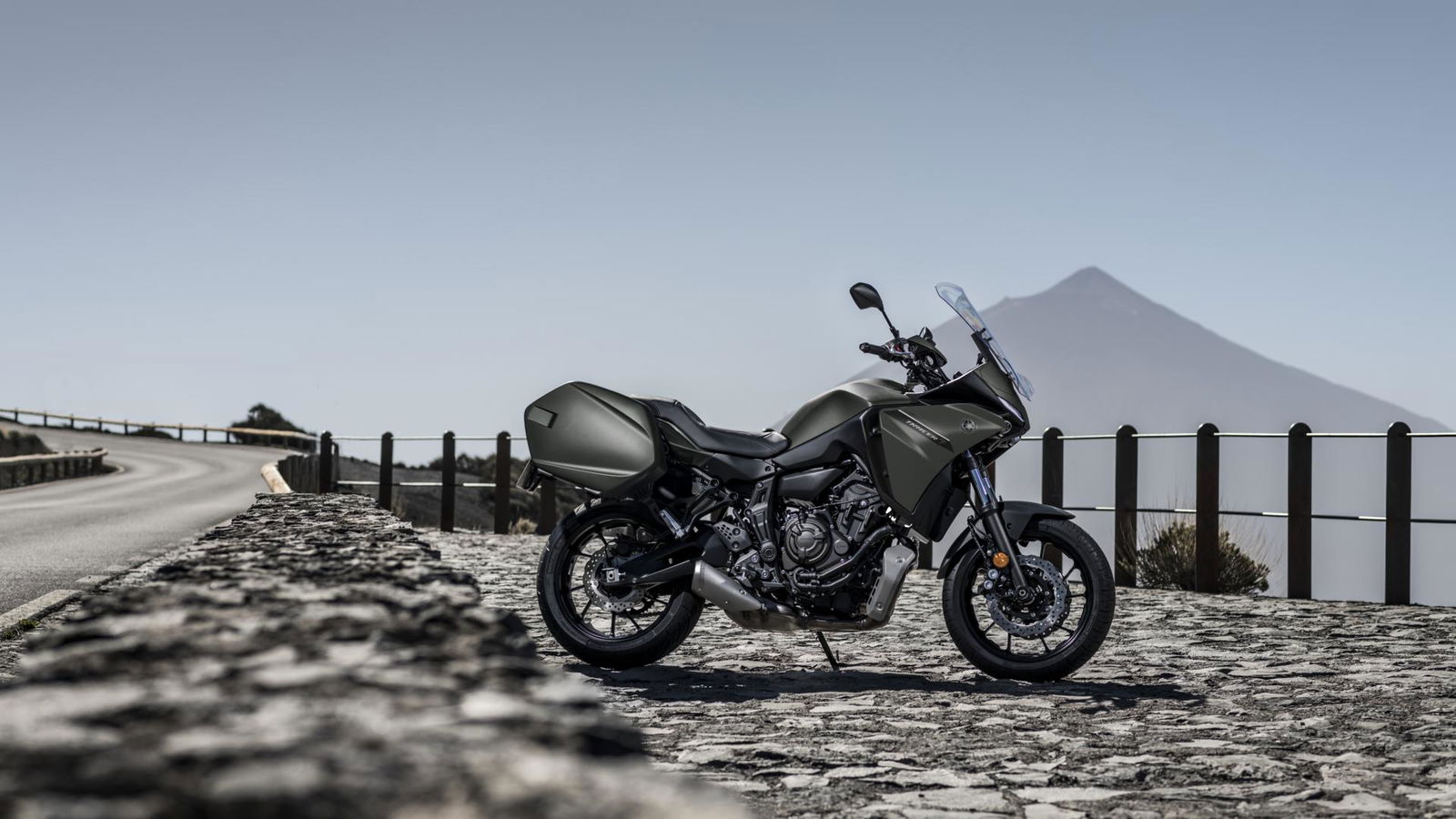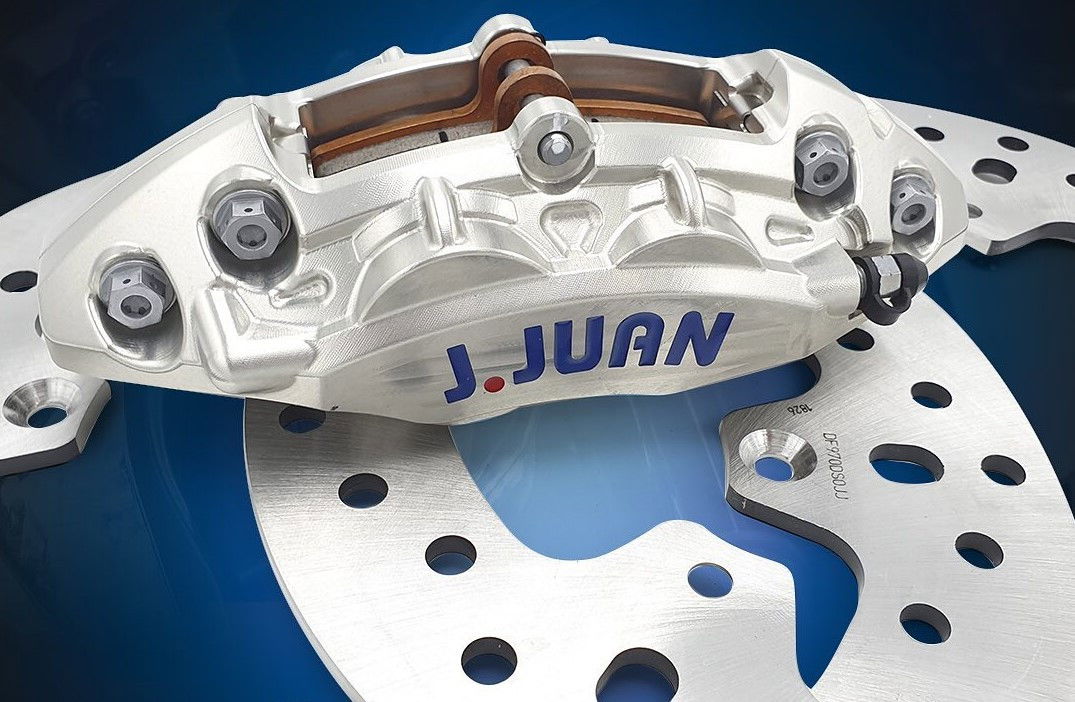Yamaha explains why chip shortage, Suez incident is affecting supply
Yamaha Europe boss Eric de Seynes reaches out to customers to explain why the manufacturer is struggling to keep up with high demand of its motorcycles
.jpg?width=1600&aspect_ratio=16:9)
If you’ve had even just a side-eye on the global newsfeeds in recent weeks you will know that there is a crisis brewing in the motoring industry that is bit-by-bit consuming all of the top manufacturers - the ‘global chip shortage’.
While this may not seem terribly important to your Average Joe, these chips can be found in everything from cars to motorcycles and everything in between, such as ABS, smart keys and ECUs. In short, they have a literal part to play in every single new model that rolls off the production line.
Without these semi-conducting chips, models cannot thus be completed and shipped off to their customers.
It is a crisis that has already affected some of the biggest names in the motoring industry; JLR, Mini, Toyota, Nissan and Honda have already scaled back production to ease the strain on the supply chain issues, and now Yamaha has gone on record to explain why it’s is now falling behind on orders.

There is a positive reason as to why this is occurring. Demand for motorcycles has bounced right back from the lulls of 2020 when we were gripped in the COVID-19 crisis, but it was during this period that suppliers saw orders cancelled in anticipation of a steadier return to full production capacity.
![By Contains modified Copernicus Sentinel data [2021], processed by Pierre Markuse - Container Ship 'Ever Given' stuck in the Suez Canal, Egypt - March 24th, 2021, CC BY 2.0,](https://cdn.visordown.com/field/image/evergiven.jpg?width=1600)
However, this has come on quicker than anticipated and suppliers are now unable to keep up with demand, with Yamaha’s President and CEO Eric de Seynes admitting the Japanese firm is playing a waiting game in the meantime.
With demand high across the industry, which in Yamaha’s case includes ATVs and boats, matters haven’t been helped by the recent Suez Canal incident during which the Evergiven became wedged in the crucial waterway that in turn led to a huge backlog of other sea freight, with Yamaha saying it had ‘several thousand’ products on the stricken ship.
While most companies have been communicating by press release, kudos for Yamaha to reach out to both consumers and dealers directly with its European CEO to explain exactly what is happening and provide some reassurance, even if there is talk it could be months - dragging into 2022 - before the crisis is ultimately resolved and the entire industry is aligned.
The issue is particularly frustrating for Yamaha following a flurry of brand-new models - including the new MT-09, Tracer 9, revised MT-07 and Tracer 7 GT - launched over the winter period.
That isn’t to say you should think twice about getting your hands on a new pride and joy, but be prepared for a little of a wait before you can physically touch it.

